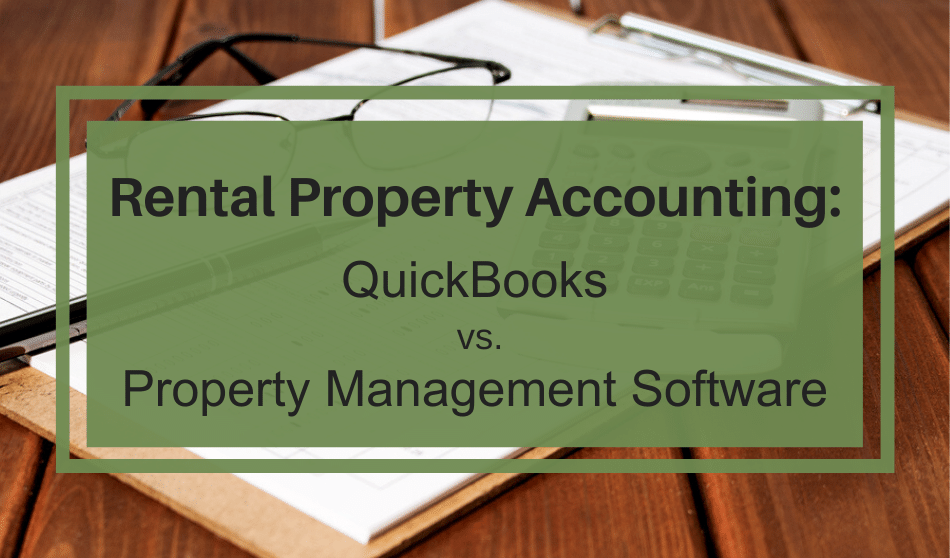

Salvage value is the value of whatever remains after the property is destroyed in cases of total destruction, this is often nothing. Adjusted basis should be easily found from a rental property’s depreciation schedules and/or tax returns filed for the property. The adjusted basis for rental buildings, land improvements, and landscaping are each determined separately.
#Tax software for rental property owners plus
If the property is completely destroyed (or stolen), the deduction is calculated as follows:Īdjusted basis – salvage value – insurance proceeds = Deductible lossĪdjusted basis is the property’s original cost, plus the value of any improvements, minus any deductions taken for depreciation or Section 179 expensing. How much a rental property owner may deduct depends on whether the property was completely or partially destroyed. What's the tax impact of disasters for rental property owners? Find out on the #BuildiumBlog! Click To Tweet Amount of Casualty Loss Deduction If the owner receives more insurance payments than expected, the extra amount is included as income for the year in which it is received. If it later turns out that the property owner receives less insurance than expected, the owner can deduct the amount the following year. The amount of the claimed casualty loss must be reduced by any insurance recovery received, or reasonably expected to be received if it hasn’t yet been paid. Indeed, a timely insurance claim must be filed, even if it will result in cancellation of the property owner’s policy or an increase in premiums. A property owner can’t avoid this rule by not filing an insurance claim. If the loss is fully covered, there is no deduction. The Role of Insurance After a DisasterĪ rental property owner may take a deduction for casualty losses only to the extent that the loss is not covered by insurance. For example, the steady weakening or deterioration of a rental building due to normal wind and weather conditions is not a deductible casualty loss.

Thus, loss of property due to slow, progressive deterioration is not deductible as a casualty loss.

Suddenness is the hallmark of a casualty loss. One thing that all of the events in the above list have in common is that they are sudden-they happen quickly.

Here’s what property owners should know about the tax impact of disasters for rental property. Property owners may also be able to take a casualty loss and even obtain a quick refund for taxes paid in prior years. No rental property owner is immune from such disasters.įortunately, when disasters occur, the IRS is prepared to help by extending tax deadlines. Large portions of the country have recently been devastated by hurricanes, floods, and fires.


 0 kommentar(er)
0 kommentar(er)
